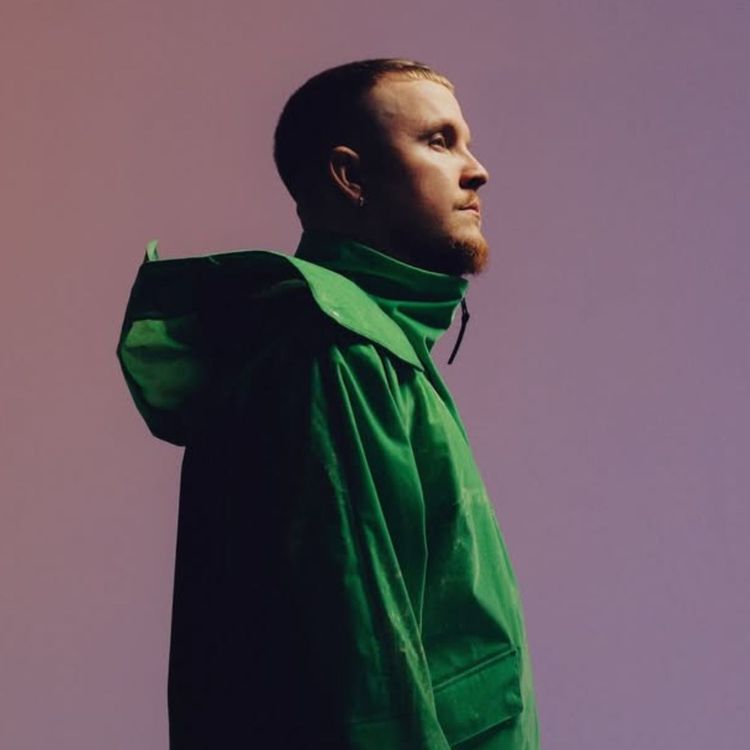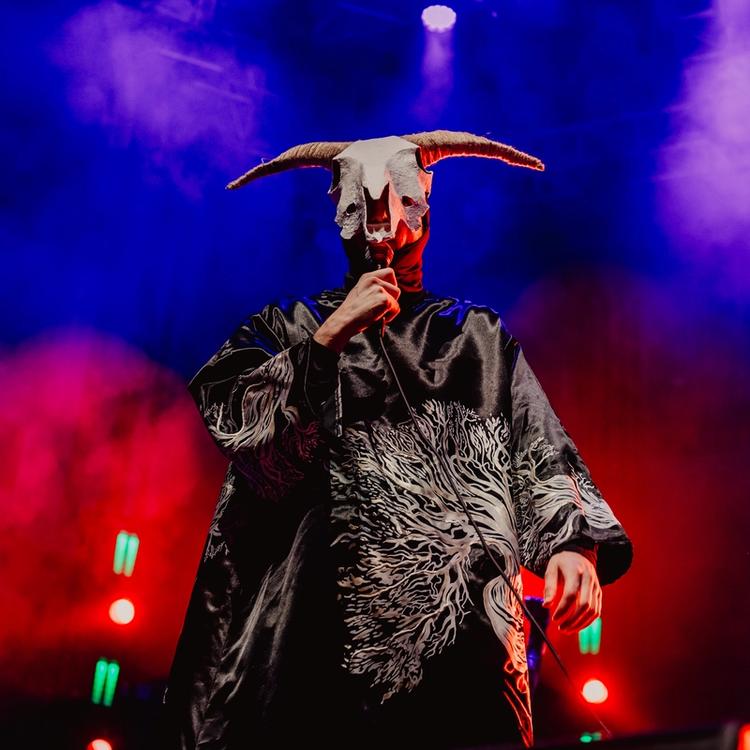Anushka Menon Dichotomy : The Vogue Anarchist and Rave Alchemist
Mumbai’s Mahalaxmi Racecourse recently pulsed with raw energy as Lollapalooza unfolded its sonic spectrum: electronic dance music, rock, and hip-hop rippled across stages. On the main dance music stage, Grammy winner Zedd drew thousands into ecstatic sync. But for the purists—those quiet rebels chasing authenticity—the true pilgrimage led to DJ Anushka. Her set is a hypnotic collision of electro jolts and restless grooves, delivered with surgical precision that leaves its imprint long after the last bassline fades. In a landscape often driven by formula, Anushka is something else entirely. Her defiance isn’t loud, but it’s deep—and it comes from somewhere. A quiet storm shaped by cities, silence, and sound.
Anushka Nadia Menon’s sound is rooted in many places, none of them accidental. Raised in Muscat, she absorbed the intricate pulses of Middle Eastern rhythm. In Melbourne, the 90s hip-hop grit and the ache of R&B left their imprint. But it was India’s shadowy electronic music underground that truly lit the fuse. There, in the warehouses and half-lit basements of India’s sonic underbelly, Anushka didn’t just find sound—she found purpose. But music wasn’t her first rebellion.

Before music stepped forward and claimed her, Anushka had already reshaped another world. As one of India’s most sought-after fashion photographers, she was shooting for Apple, Vogue, Cosmopolitan, GQ, and Rolex before her twenties had time to settle. But her photos were never just beautiful; they were images with weight—subversive, cinematic, and intensely engaged with the tension between surface and truth. Her aesthetic is unapologetic. And still, beneath the applause, something was brewing louder than the shutter. A hum, a tremor. Music, rising like a secret she could no longer keep.
In 2015, she teamed up with her friend Smita as Anushka + Agent, spinning SupaFly nights drenched in 90s hip-hop and R&B. By 2017, she stepped out solo, diving headfirst into darker waters: electro, drum and bass, and breakbeats with teeth. Her 2019 debut single "Falling," a collaboration with Sid Vashi, was all silk and steel: soft vocals over crisp percussion. Then came "Karma," which was a bit harder, and "Take," a drum-and-bass missile about online chatter that is becoming increasingly toxic by the day. Each track dug deeper—part protest, part seduction, all edge.
Onstage, she’s a force to be reckoned with—pure voltage in motion. Whether she’s commanding Burning Man’s dust-streaked expanse, Magnetic Fields’ sun-scorched forts, or Boiler Room India’s sweat-soaked floors, her sets erupt with precision and purpose. Drum and bass collides with disco’s neon shimmer, electro snarls melt into the deep, rolling pulse of house, and progressive peaks crash down like waves. Every transition lands with impact. Every drop feels earned. With razor-sharp control and a rebel’s instinct, she somehow manages to transform every musical gig into a seismic ritual.

Her inspirations are as layered as her sound. Vocally, she draws from the ethereal grit of FKA Twigs, the smoky intimacy of Sabrina Claudio, and the anthemic power of Florence + the Machine. Behind the decks, it’s Gwen Stefani’s fierce playfulness, Cameo Blush’s bright cuts, and 8 Bit Culprit’s retro-modern magic. She surfs genres with ease: disco, house, electro, drum and bass—all laced with a 90s rave undercurrent, always filtered through her own raw lens.
Now based in Goa—the global epicenter of the psychedelic trance music scene—she finds herself deep inside a new sonic current where classic psytrance, techno, and electro are converging into something sharper, more sensual, and brimming with raw energy. She hints that her next musical chapter might tap into this psychedelic bloodstream. “The scene here is mutating in real time,” she says. “It’s still wild, but more seductive now. There's heat in it.”

She is also currently working on two club bangers with producers Ox7gen and Oceantied and has three new singles in the pipeline, each aiming to stitch pop’s addictive hooks into the darker cloth of underground sounds. “There’s a wave building,” she says. “It’s fresh. It’s awake.” She isn’t just surfing that wave; she’s shaping it.
To call Anushka a DJ is to miss the point. Her entire journey across fashion photography and music is a blueprint of creative resistance. Her art has always broken rules. First, her photography disrupted the fashion world; now, her beats are shattering old ideas of sound. Just like her photographs, her music grabs your attention and doesn’t let go, crafting immersive worlds you can feel. India’s cultural zeitgeist craves something raw and unapologetic, and Anushka is answering the call. She’s not just a DJ—she’s a rebel leader with a mixer, turning beats into a battle cry for India’s new generation—a generation that refuses to be tamed.
















